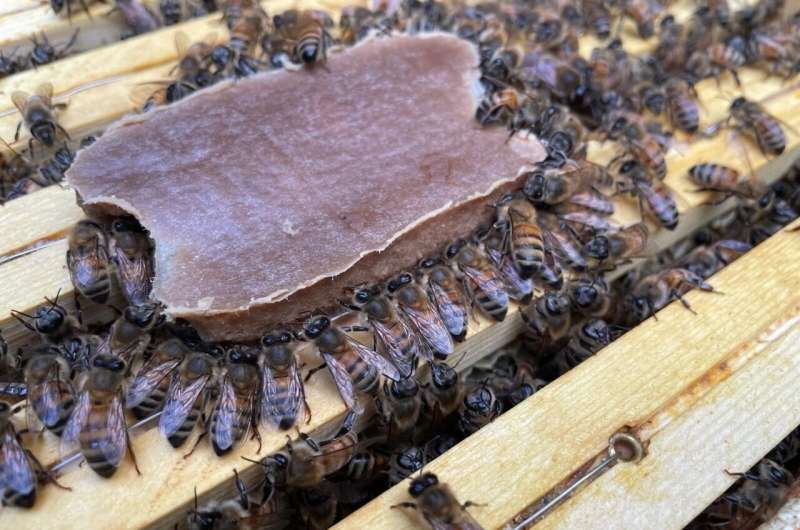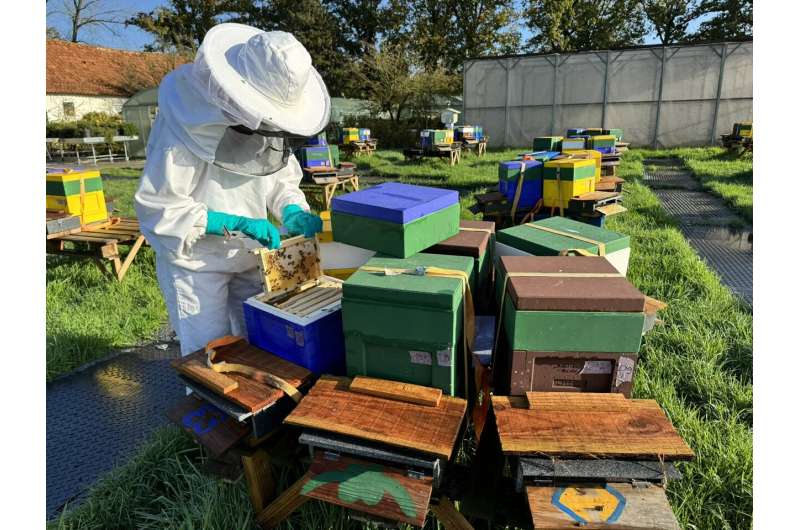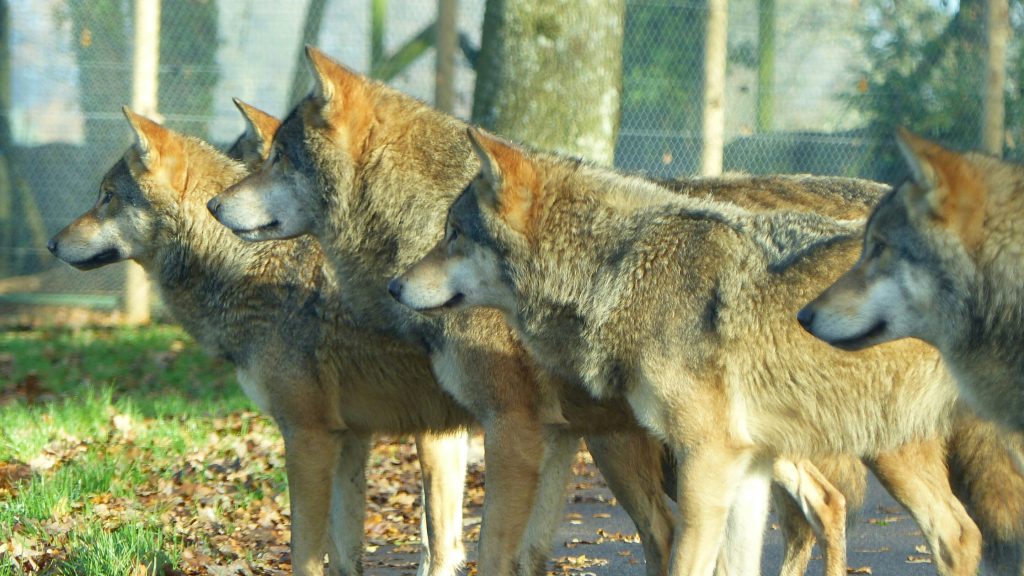
Scientists have introduced a novel dietary option aimed at supporting honey bee colonies indefinitely without relying on natural pollen.
Documented in the journal Proceedings of the Royal Society B, the study by Washington State University and APIX Biosciences NV in Wingene, Belgium, details successful trials where undernourished colonies, engaged in commercial crop pollination in Washington state, flourished on the new dietary source.
This ground-breaking innovation, similar to the artificial diets supplied to livestock and pets throughout their lives, encompasses all the essential nutrients required by bees. It is envisioned to serve as an effective strategy in addressing the rising issue of colony collapse and ensuring the protection of global food supplies that rely on bee pollination.
The innovative dietary source resembles human “Power Bars” and is directly placed within beehives, where young bees process and distribute the vital nutrients to larvae and adult bees.
This advancement tackles one of the primary challenges faced by honey bees: inadequate nutrition within their environment.
“Land use changes, urbanization, and severe weather conditions all contribute to the decline in nutrition available to honey bees and other pollinators,” explained Brandon Hopkins, P.F. Thurber Endowed Distinguished Professor of Pollinator Ecology at WSU and a paper co-author.
“Honey bees are generalists and do not rely solely on one food source for nutrition. They require a diverse diet to survive, but finding a consistent supply of pollen needed to sustain the colony has become increasingly challenging.”
Dr. Patrick Pilkington, CEO of APIX Biosciences US, emphasized the significance of this breakthrough.
“Before this research, honey bees were the only livestock that could not be maintained on artificial feed,” Pilkington stated.
“The study demonstrates that nutritionally stressed colonies supplied with our pollen-replacing feed experienced a significant improvement in colony health under commercial field conditions compared to current methods. Our product has the potential to revolutionize honey bee management.”

The culmination of over a decade of work, the research involved extensive collaboration. Thierry Bogaert, lead author and chairman of APIX Biosciences, highlighted the collaborative effort.
“The recently published work resulted from a massive scientific undertaking involving three teams,” Bogaert explained. “The founders and scientists of APIX Biosciences conducted extensive trials on honey bees over a period of 10 years to develop this feed.
“Additionally, the WSU team contributed expertise in honey bees and field work, while leading beekeepers in California and extension teams facilitated large-scale and science-based field testing of the feeds. Paper co-author Anne Marie Fauvel managed this aspect.”
An important finding in the research is the significance of isofucosterol, a compound naturally present in pollen that plays a crucial role in honey bee nutrition.
Colonies provided with food enriched with isofucosterol survived an entire season without access to pollen, while those lacking this nutrient experienced severe declines, including decreased larval production, adult paralysis, and colony collapse. The new feed also includes a comprehensive blend of other nutrients essential for honey bees.
To validate the effectiveness of the new dietary source in real-world conditions, WSU conducted trials with undernourished colonies in blueberry and sunflower fields, both known for poor pollen quality. Colonies fed the novel dietary source demonstrated increased survival and colony growth compared to those receiving standard commercial feed or no supplementation.
“Some beekeepers have stopped pollinating blueberries due to colony issues and financial losses,” Hopkins stated.
“Blueberry pollen does not offer sufficient nutrition for honey bees, and they struggle with pollinating this crop. However, if they have access to this supplementary food source, beekeepers may resume pollination activities with the confidence that their colonies are more likely to survive.”
The severe issue of high annual colony mortality, with reports indicating crisis-level losses, underscores the critical nature of this innovation.
Pilkington expressed optimism about the impact of this discovery.
“We believe that the product will benefit beekeepers and growers once it becomes available for purchase in the US, which is anticipated by mid-2026,” he remarked.
“Meanwhile, we are collaborating with WSU and the beekeeping community across the US to determine the best practices for utilizing this new tool in agricultural settings.”
More information:
A nutritionally complete pollen-replacing diet protects honey bee colonies during stressful commercial pollination – Requirement for isofucosterol, Proceedings of the Royal Society B: Biological Sciences (2025). DOI: 10.1098/rspb.2024.3078. royalsocietypublishing.org/doi … .1098/rspb.2024.3078


